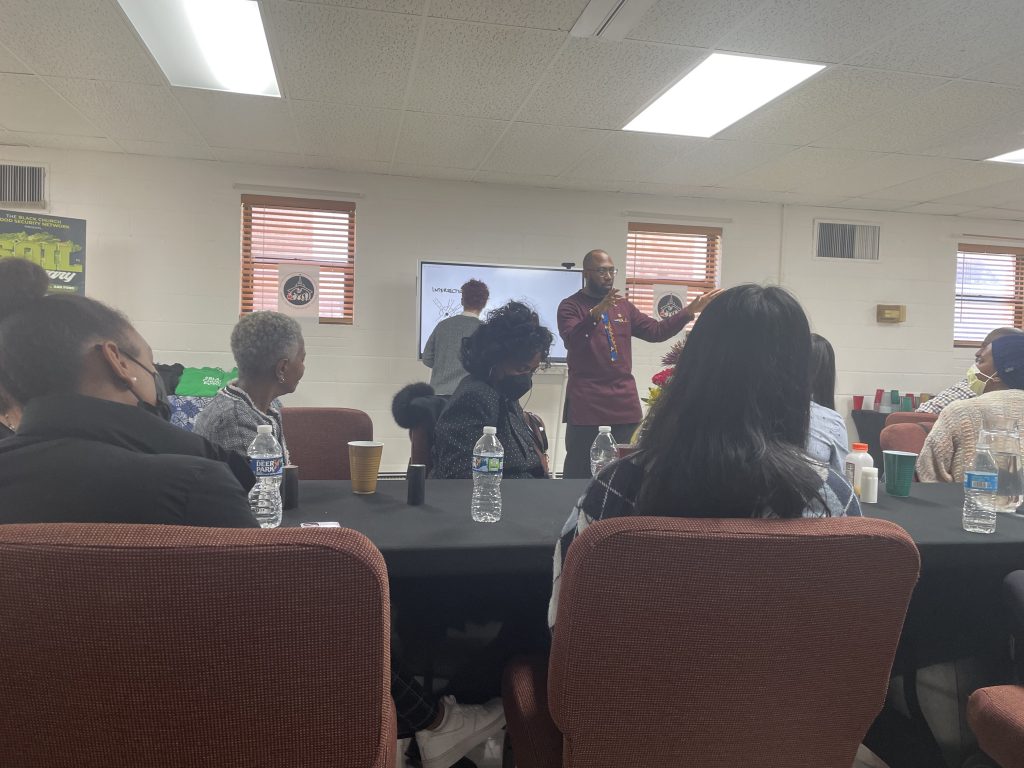Black Church Power
“Black Church Power”— 3 seemingly simple words, yet when put together demands respect, provides hope, and inspires communities. Pleasant Hope Baptist Church epitomizes this phrase in their service to their Baltimore community, where they engage with community members in the church itself for Sunday Service, uphold the names of the ancestors that helped establish and aid the church, and even go above and beyond the call of duty in their ongoing pursuit of food security for disenfranchised communities across the east coast and beyond of the “yet to be United States,” as Rev. Dr. Heber Brown III of the church often stated. The Black Church Food Security Network focuses to accomplish this daunting task, producing food in community gardens to supply to their community, as well as connecting with other Black churches to expand their chain of political protest, thus lifting up Black communities.

This network of Black churches producing sustainable nutrient-rich food for disenfranchised Black communities who may not be able to afford foods that contain these nutrients from Whole Foods or other grocery stores is an explicit example of how people can depart from dependence on the State, which it in itself is a wrench being placed in between the gears of institutional racism and racial power imbalances, thus disrupting the oppressive machine of capitalism. This is what Black Church Power is. It is the connection of oneself to God, oneself to oneself, and oneself to their community. Through this strength can one revolutionize their mind, body, and spirit to think of possibilities beyond caring only for themselves and their possessions, but instead giving themselves fully for the protection and growth of their community.
One of the things that most resonated with me was Rev. Brown’s assertion, stating “Critique what is. Create what should be.” I feel that this is a great way a person can structure their activism, so that rather than being overly negative or pessimistic in their pursuit of a better society, they will be excited about what can be created as an alternative. This subtle shift in perspective can mean all the difference in promoting and maintaining positivity in one’s life alongside inspiring others to aid your initiatives and to follow the same path to a common goal.